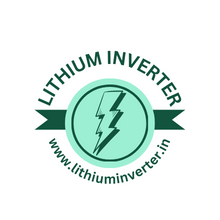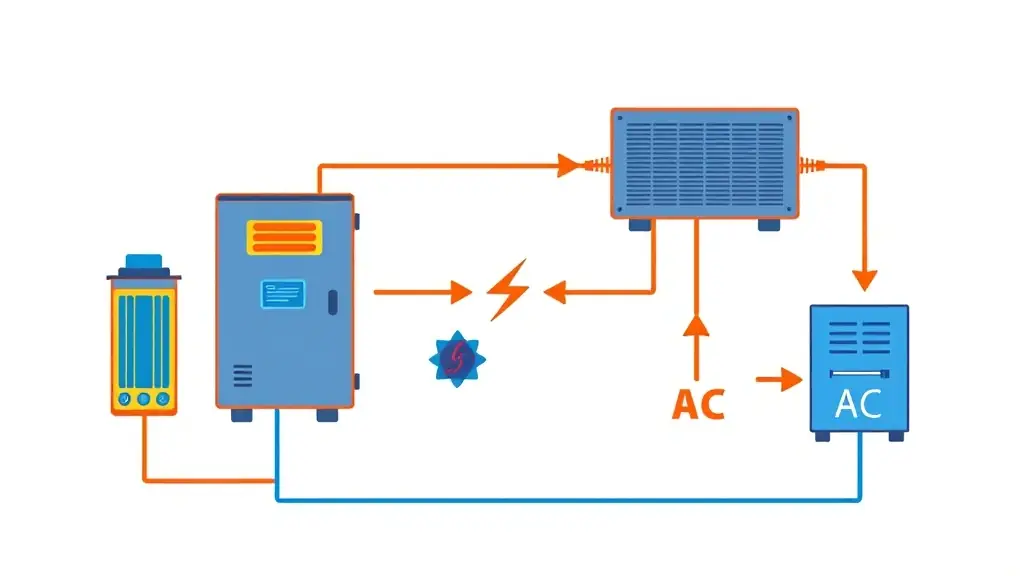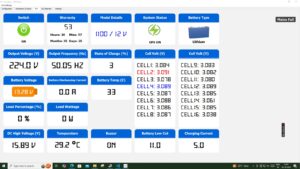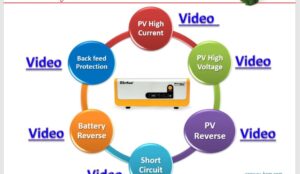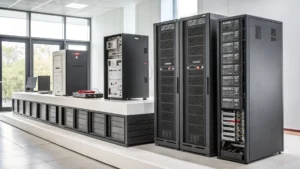Lithium inverters are crucial components in modern energy systems, enabling the use of DC power from lithium batteries in applications requiring AC power. They play a vital role in converting the direct current (DC) output of lithium batteries into alternating current (AC) power, which is the standard for most household and industrial appliances. Understanding how lithium inverters work is essential for maximizing the efficiency and reliability of lithium battery systems. The core function of a lithium inverter is to convert DC power to AC power. This conversion process involves several key components, including transformers, rectifiers, and inverters. The efficiency of the conversion process is a critical factor in determining the overall performance of the lithium inverter. Different types of lithium inverters are available, each with its own set of features and specifications. Lithium inverters offer several advantages over traditional inverters. Their compact size and lightweight design make them ideal for portable applications. Their high efficiency minimizes energy loss during conversion, leading to greater energy savings. Furthermore, lithium inverters are known for their reliability and durability, making them a dependable choice for various applications. These factors contribute to their growing popularity in the renewable energy sector.
Lithium Inverters: A New Era of Power
The Power Shift: Why Lithium Inverters are Outsmarting Traditional Options For years, when we thought
